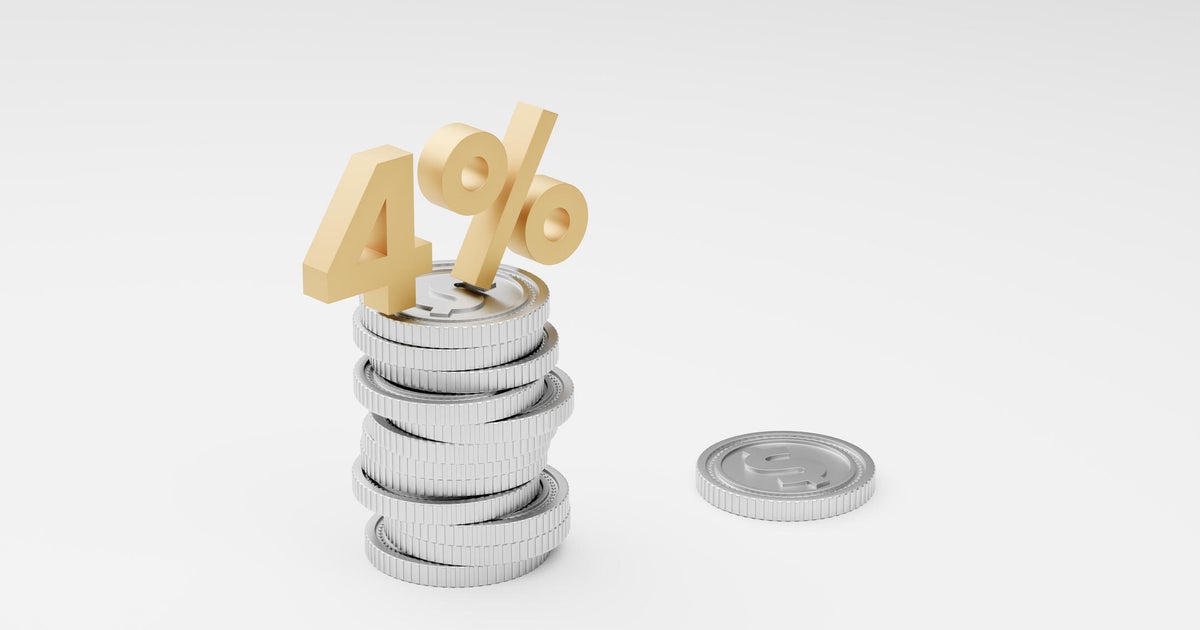CDs vs. money market accounts: Which is better?
With inflation persistent and a potential recession around the corner, it's important to have cash stowed away just in case. That may mean increasing your savings efforts or, for many people, exploring new ways to grow the funds you already have.
Opening a certificate of deposit or money market account are both possible ways to do this. Each vehicle has unique benefits for savers to explore although there's likely one that's better for your personal financial situation. Not sure which is best for your financial efforts? Below, we'll break down what to know about each.
Start by exploring your CD options here to see how much more interest you could be earning.
What is a CD?
A CD — or certificate of deposit account — is a type of savings product that earns a set interest rate as long as you keep the money untouched until the CD's maturity date. This ranges anywhere from one month to five years down the road. Unlike other types of savings accounts, you can't deposit more into a CD once you open it. These base your interest on your initial lump sum investment only.
"They're considered safer than the stock market or bonds," says Krisstin Petersmarck, investment advisor representative at Bridgeriver Advisors. "You have a fixed rate of return."
For this reason, CDs can be a smart choice if you're looking for a safe place to park your money or if you're saving for a particular long-term goal.
As Bradley Thompson, a chartered financial analyst at the New Canaan Group, explains, "If you know you need to pay for a wedding in August of 2024 that will cost $100,000 and interest rates are 5% over that term, you can purchase a CD today for $95,000, and when it matures use the proceeds to pay the expense."
They're not great if you need regular access to your cash, though. Most CDs come with penalties for withdrawing your money early, although there are some no-penalty CDs you can explore, too.
Check CD interest rates here now and start earning more interest!
What is a money market account?
A money market account is a type of interest-earning bank account. Unlike CDs, you can deposit funds — and withdraw them — whenever you like (though there may be a transaction limit per month). They often come with debit cards and check-writing capabilities, so you may want one if you need easy access to money and don't want to get hit with penalties.
"The difference between a money market account and a CD is that money market accounts offer greater liquidity than CDs, as you can usually access your funds at any time without penalty," Petersmarck says. "CDs, on the other hand, have a fixed term, and you generally can't access your money until the term is up without incurring an early withdrawal penalty."
Money market accounts typically pay higher APYs than traditional savings accounts, though typically not as high as some CDs. They may also have larger minimum balance requirements, meaning they're not an option for every budget.
Which is better?
When it comes down to deciding which is better, both a CD and a money market account have unique advantages that appeal to savers. If you're looking to lock your money away at a high interest rate then a CD may be the better choice. But if you're fine trading the higher rate for more access than a money market account may be preferable. That said, CDs and money market accounts aren't your only options if you're looking to save and grow your money. You can also look into high-yield savings accounts, which offer higher-than-average APYs when compared to traditional savings accounts. These are also easy to move money in and out of, unlike CDs.
If you're not sure which is the best option for your money, it might be wise to talk with a financial professional. They can point you toward the right accounts for your goals and budget. You can also explore your high-yield savings account options here now to see what rate you're eligible for.




